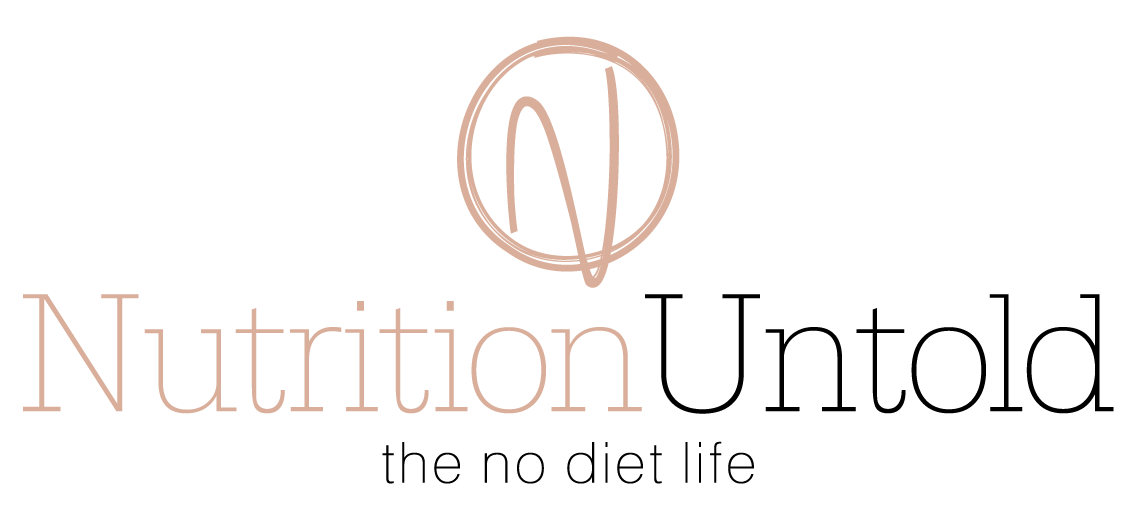With so much hype about whey, I thought of debunking a few myths and misconceptions about this widespread milk protein! Whey is the liquid part of milk that remains after it has been curdled and strained during cheese production. It is said to improve muscle protein synthesis and enhance the growth of lean tissue mass.
Is it effective? Do we really need to take it? And how much do we need? These are common questions I get asked so often as a dietitian!
In short, with a well-balanced diet containing enough complex carbohydrates, lean protein, and healthy fats, protein supplementation is not necessary for muscle growth. Natural sources of protein include lean meats such as chicken breast and fish, eggs, all-natural nut butters like peanut and almond butter, and Greek yogurt.
The research on the effectiveness of whey at increasing muscle mass is still debatable as many studies do show its usefulness but others find no result. The outcomes may also vary between individuals, their body shapes, type of workout, and how much protein they are already ingesting from food.
In general, if you are physically active, whey protein may be beneficial for you but only in moderation. Consuming too much whey protein can lead to weight gain, and can put extra strain on your kidneys. For people who don’t exercise regularly, the daily protein intake recommendation is 0.8 g/kg body weight and that number increases slightly to between 1.2 g/kg – 1.7 g/kg body weight for people who exercise or want to bulk up; this is not a big amount of protein and can easily be achievable through a balanced diet; so most often adding whey protein supplements makes you exceed your daily intake requirement.
Sometimes though protein supplements are convenient and readily available, so if you do want to take one, when is the ideal time to take it? And how much?
The studies on the timing of supplementation are also controversial where some studies say it doesn’t matter while others show it’s best to take it within thirty minutes after exercise as this is the time when muscle synthesis is maximized. Since we get a lot of protein in our food though, limit your shake to one serving post-workout of around 20 – 30 g and choose the brands that are made of pure whey containing no sugar or artificial ingredients. Avoid taking supplements if you have any pre-existing kidney disease or diabetes.
Finally, I am a big believer in going back to basics when it comes to nutrition and following a varied and balanced diet with natural and wholesome ingredients. With proper planning and a structured meal plan, an individual’s protein needs can be met very easily. Whey protein never existed years ago, and yet people still managed to achieve their muscle goals so what is so different now?

